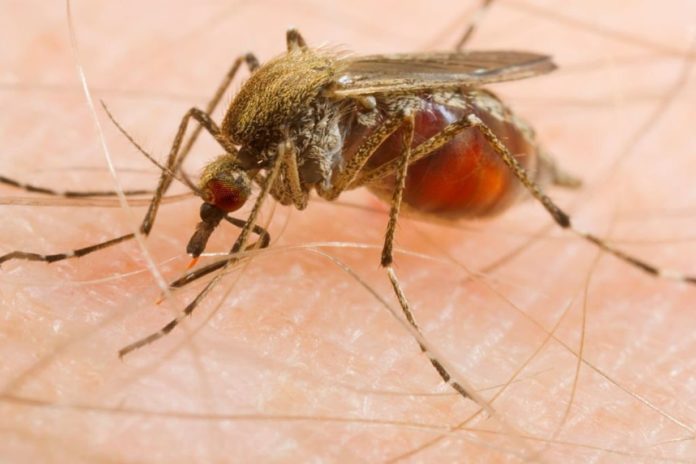After the infection, changed aroma attracts mosquitoes, bite the host, drink their infected blood, and then spread the virus to the next victim.
Infection with the Zika and dengue fever viruses affects the smell of mice and humans, according to a study published in Cell today. The changed aroma attracts mosquitoes, bite the host, drink their infected blood, and then spread the virus to the next victim.
In tropical regions all throughout the world, as well as rarely in subtropical regions like the southeast US, mosquitoes transmit dengue. It produces fever, rash, and excruciating pains, as well as hemorrhage and death in certain cases. The National Institutes of Health (NIH) National Institute for Allergy and Infectious Disease estimates that there are more than 50 million cases of dengue fever globally each year, with over 20,000 deaths (mostly in children).
Zika is a virus-borne illness spread by mosquitoes that belongs to the same family as dengue. Despite the fact that significant illness from Zika seldom affects adults, a recent outbreak in South America resulted in severe birth abnormalities in the unborn offspring of infected pregnant women. This virus family also includes the diseases West Nile, yellow fever, and Japanese encephalitis.
In order for these viruses to spread, they need to infect animals and mosquitoes over and over again. If either of these is missing—if all the hosts that can get the virus get rid of it, or if all the mosquitoes die—the virus goes away. For example, when yellow fever broke out in Philadelphia in 1793, the mosquitoes in the area died when the fall frosts came. This stopped the spread of the disease.
There are always mosquitoes in tropical climes without deadly frosts; all it takes for the virus to spread is for a mosquito to bite an infected host animal. The dengue and zika viruses appear to have found a cunning way to up the chances.
The Chinese Center for Disease Control and Prevention, Tsinghua University in Beijing, the Institute of Infectious Diseases in Shenzhen, the Ruili Hospital of Chinese Medicine and Dai Medicine, the Yunnan Tropical and Subtropical Animal Virus Disease Laboratory, and a group of researchers from UConn Health suspected that dengue and Zika might be manipulating the hosts in some way to attract mosquitoes. Inflammation in general and malaria both alter a person’s smell. They reasoned that dengue and Zika virus infections might have the same effects.
First, the team checked to see if mosquitoes liked infected mice more than healthy mice. And, when mosquitoes were given the choice between healthy mice and mice with dengue, they were more interested in the mice with dengue.
Then, they looked at the smelly molecules on the skin of mice that were sick and mice that were healthy. They isolated and examined a number of compounds that were more prevalent on sick animals. They used them on clean mice as well as volunteers’ hands and discovered that one odoriferous molecule, acetophenone, was particularly alluring to mosquitoes. Human dengue patients’ skin odorants revealed the same trend: increased acetophenone production and increased mosquito attraction.
Some Bacillus bacteria that develop on the skin of humans and mice produce acetophenone. An antibacterial peptide normally produced by skin controls Bacillus populations. However, it turns out that mice infected with dengue and Zika create less of the antimicrobial peptide, which causes the Bacillus to grow more quickly.
According to Penghua Wang, an immunologist at UConn Health and one of the study’s authors, “The virus can manipulate the hosts’ skin microbiome to attract more mosquitoes to spread faster!” The results might provide an explanation for how mosquito viruses are able to survive for such a long time.
Additionally, Wang and his co-authors conducted research on a preventative treatment. They administered the vitamin A derivative isotretinoin to dengue-infected mice. Isotretinoin is known to boost the skin’s production of an antimicrobial peptide. The isotretinoin-treated mice released less acetophenone, making them less appealing to mosquitoes and possibly less likely to spread the virus to other people.
The next step, according to Wang, is to examine more dengue and Zika patients in order to determine whether the skin odor-microbiome connection holds true in general under real-world circumstances and whether isotretinoin reduces acetophenone production in sick humans similarly to how it does in sick mice.
Image Credit: Getty
You were reading: Some Viruses Can Make Your Blood Smell Tastier to Mosquitoes
